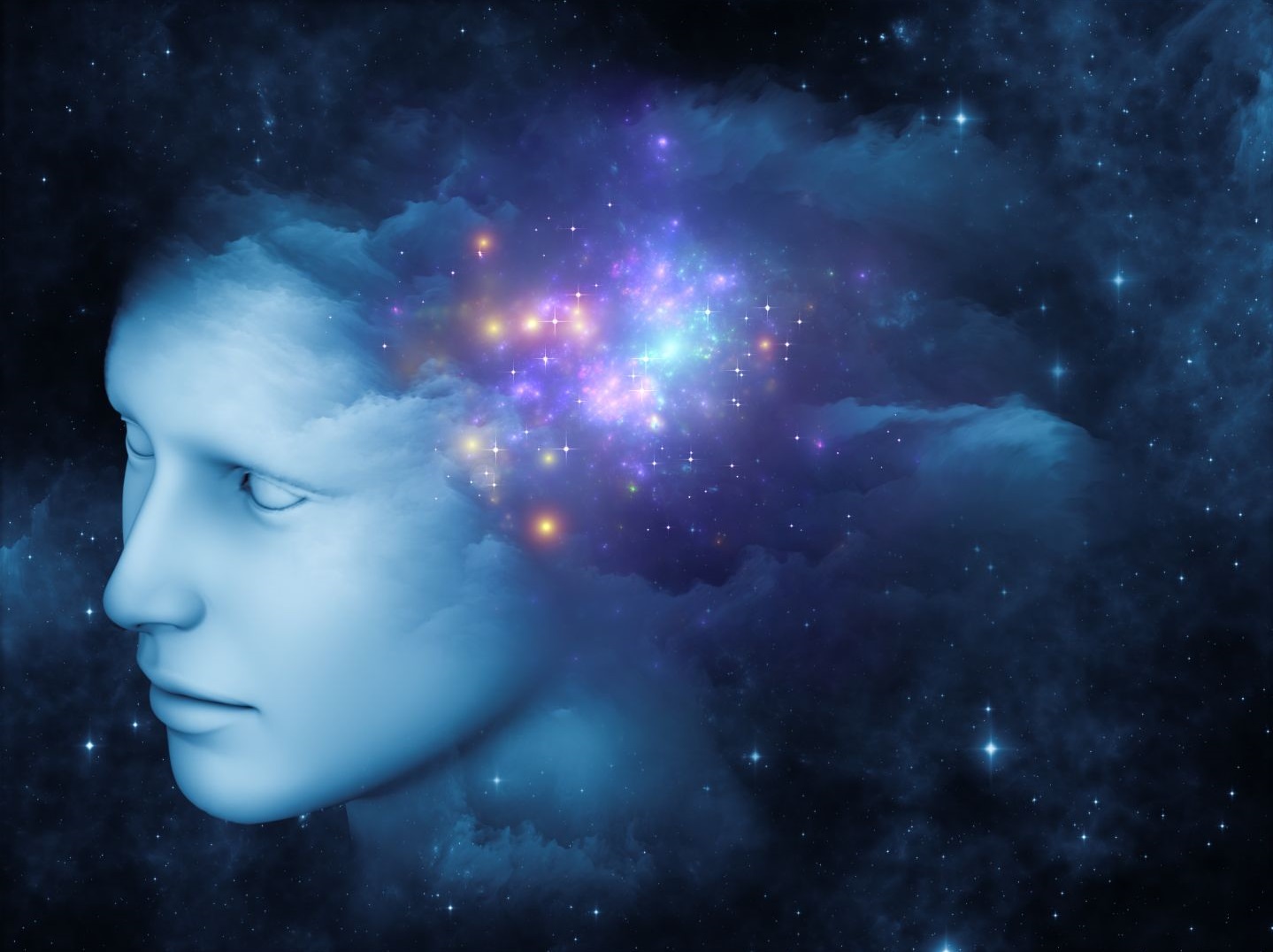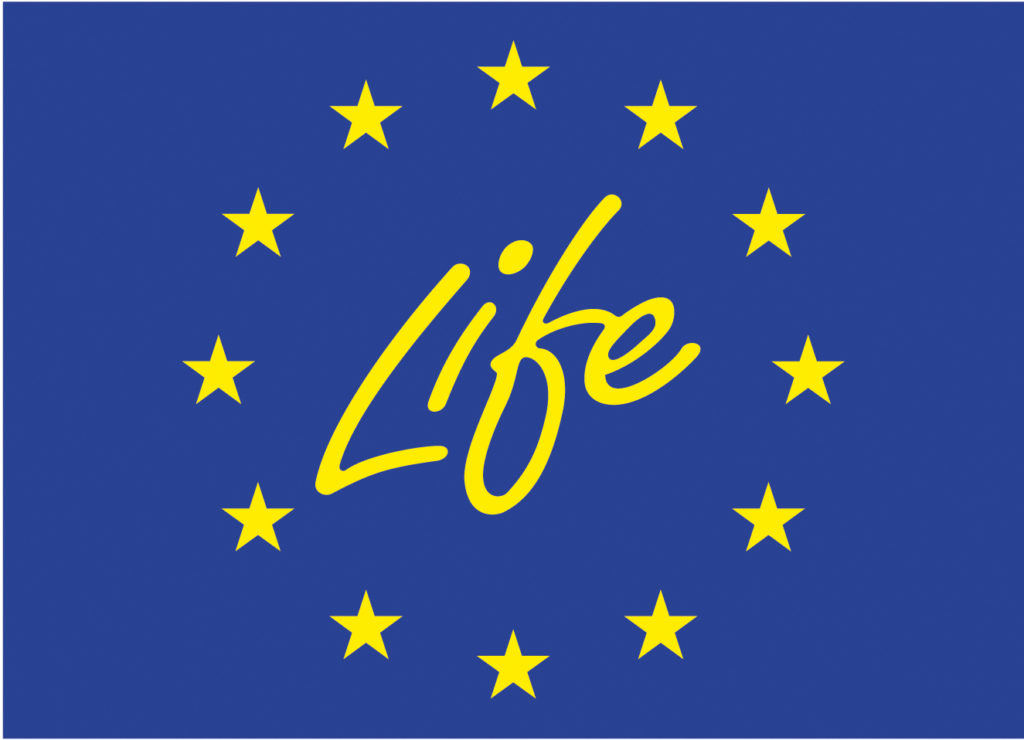
Unlearning in order to learn. This saying has become popular in recent years due to the rethinking associated with current changes that affect all walks of life. On the one hand, we have experienced such an intense technological boom in the last decade that we can now delegate tasks to an electronic device and even make simultaneous video calls to several people in distant places. There is a lot of technology in our daily lives. Yet, it seems all too easy to adapt to it and not so easy to escape from it because, more often than not, we end up delegating too much without limits.
On the other hand, we are also experiencing changes and phenomena in our daily lives of which we are aware only now. The cause lies in the alteration of planetary dynamics -namely, changes in the atmosphere, hydrosphere, biosphere, and edaphosphere- which are, in turn, affected by globalisation and the extensive planet’s exploitation. We are currently in the midst of a global health pandemic and a global climate and food crisis, which will eventually disrupt us if there is no good management at global, population and individual levels.
Society is becoming increasingly aware of its circumstances thanks to technology; yet, at the same time, it is undergoing intense changes that outpace adaptation. We need to understand this situation and act, anticipating and making profound changes in how we live and understand life. Because life is evolution, and evolution means change.
We take the example of food, where the model of production and consumption has changed considerably to the point of disconnecting us from the rural environment due to the emergence of large shopping centres. This changed entity is telling us not to go down the same path and that we must ‘relearn’ to take care of the environment for both healthy and sustainable purposes.
It is a truism to say that the world to come will be different. It has always been basically ‘changes’. However, what distinguishes the present moment is that what we deem ‘radical’ at a given time quickly becomes ‘normal’.
It is a world where the distance between science fiction and reality is extremely short. Contact lenses with a microprocessor that measures intraocular pressure (Sensimed); lenses that can record images (an idea already patented by Sony); the discovery of intestinal microbiota and our organism understood as a container of millions of bacteria, on whose health depends on our own.
But it is also a world in which innovation, anywhere on the planet, can substantially improve any product. For example, umbrellas with hydrophobic fabrics based on nanotechnology make conventional umbrellas obsolete (Unnurella). And IKEA offers a second-hand market for its furniture, thus becoming a promoter of a circular economy.
Our children will live in a world in which virtually nothing will surprise them, filled as it will be with proposals arising from the combination and integration of understanding from numerous disciplines. Many are due to an increasingly efficient and daring science engaged in a virtuous circle in which the best knowledge comes from laboratories whose capacities improve with their results: laboratories with which they build better laboratories.
We can summarise this moment in history as one in which science, technology, society, and organisations have the possibility of intertwining in a virtuous system: science discovers phenomena in nature, which technology programmes to solve society’s (people’s) problems and needs through organisations that produce solutions in the form of products and services.
You will have to be a ‘very human’ human being, with all the differential abilities that characterise us: curiosity, creativity, imagination, critical attitude, empathy, collaboration, sensitivity, the ability to devise and manufacture things, to build objects that did not exist before with our own hands, as a result of combining our mind’s imagination with the skills of our hands.
Machines will exist. They will do many jobs. But humans will do others, those that require the differential skills of a human. Thus, we could propose that the fundamental equation for the coming decades is the ‘multiplication’ of (natural) Humans by Machines (‘artificial humans’). And one of the fundamental keys to the future may well be how a human knows how to use a machine to his advantage.
All this implies a radical change and an excellent opportunity to transform education.
The challenge of education in the near future may well be to help discover each person’s talents to encourage them to develop them to the full by deploying their specific capacities as humans.

And, as some experts are already proposing (Future of Life Institute), humans may have only one alternative for survival in a world with intelligent machines: to become more human.
Along these lines, we are beginning to see significant changes. For example, in newly designed universities (such as the New Institute for Technology and Engineering) where the usual entry criteria based on ‘academic grade’ is replaced by ‘curiosity’. Because, in a world of intelligent machines, which will give many good answers, the value will be in asking good questions: the value of an engineer will not depend on doing calculations but on knowing how to ask relevant questions, which will depend directly on asking oneself exciting questions.
Or we see companies in which an algorithm can generate thousands of technically viable proposals for solving a problem of mechanical structures and determining which solution is optimal from the point of view of engineering and economics; this is called generative design (which is applied by companies such as Airbus).
And we are beginning to investigate what the ‘creative machines’ of the future will be. In some countries, people are already filing lawsuits demanding that a software improvement be recognised as having been designed by a machine, a piece of software. In other words, to accept the authorship of a machine.
Therefore, we are in a moment in human history when we have to (radically) change what we mean by education because a new ‘competitor’ to humans is appearing: intelligent machines. It is not only that we have to change it to make it better, to respond to the new needs of society or the economy, but that the way we will solve situations, respond to human needs, and take advantage of the possibilities of technology will be very different. And to do that, we cannot continue to instruct humans in skills that machines will do much better. Let’s train humans in those things and ways that a machine cannot yet do.
About the author
Alfons Cornellà holds a degree in Physics from the University of Barcelona, an MSc in Information Resources Management from Syracuse University (New York), and a Diploma in Senior Business Management from ESADE. He is the founder and president of Infonomia, an innovation services company, and a source of ideas for innovators since 2000. In 2009 Alfons founded co-society, an initiative to stimulate the systematic intersection of business between companies, and in 2017 The Institute of Next, a space to help companies think about the future and how it will affect them. Alfons is a consultant to large companies and has led over 100 projects on culture creation and energising innovation teams in all types of organisations, especially in the private sector Besides, he has published 32 books on science, technology and innovation as drivers of business transformation.
This text includes editions by Anna Garcia Tortosa (Fundesplai).

